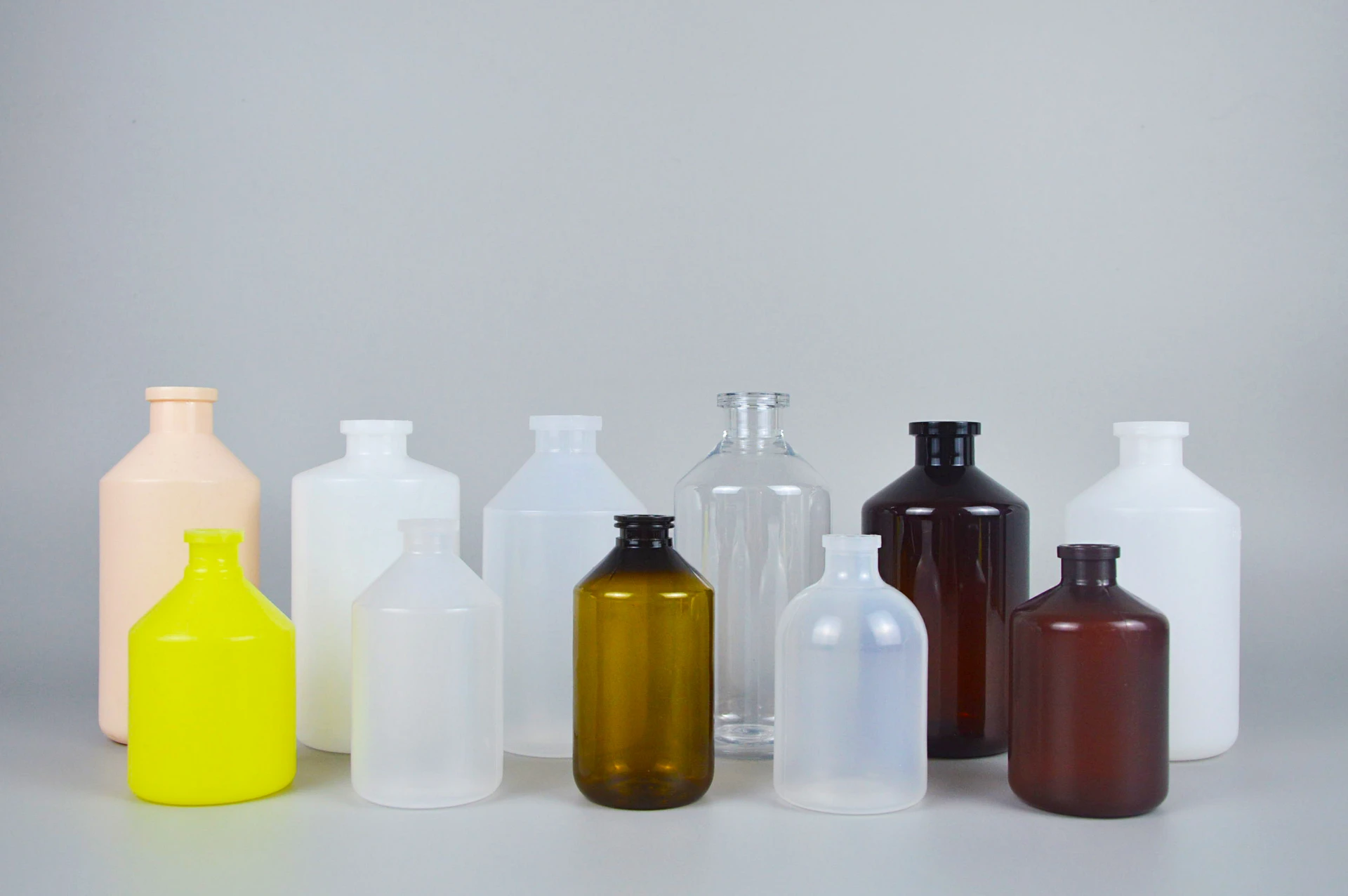Plastic Reagent Bottles Available for Purchase Now
The Versatility and Utility of Plastic Reagent Bottles
In the world of laboratories and industrial applications, the significance of storage solutions cannot be overstated. Among these, plastic reagent bottles play a pivotal role due to their versatility, durability, and cost-effectiveness. From chemistry labs to educational institutions and industrial facilities, plastic reagent bottles have become an essential item in handling chemicals and various fluids.
What are Plastic Reagent Bottles?
Plastic reagent bottles are specially designed containers used to store and dispense chemical reagents. These bottles are typically made from high-quality plastic materials, such as polyethylene or polypropylene, which provide excellent resistance to a wide range of chemicals. Unlike glass bottles, plastic containers are less prone to breakage, making them a safer choice in environments where glass could pose a risk.
Benefits of Using Plastic Reagent Bottles
1. Chemical Resistance One of the most significant advantages of plastic reagent bottles is their ability to withstand corrosive substances. Depending on the type of plastic used, these bottles can handle strong acids, bases, and solvents, ensuring the integrity of the chemicals stored within.
2. Lightweight and Durable Plastic is lighter than glass, making it easier to handle, transport, and store. Despite being lightweight, plastic reagent bottles are remarkably durable. This resilience means that they are less likely to crack or break under pressure or impact, reducing the risk of spills and contamination.
3. Cost-Effectiveness Plastic reagent bottles are typically more affordable than their glass counterparts. This cost advantage makes them an attractive option for laboratories and educational institutions that need to purchase in bulk or work within strict budgets. Additionally, their durability can lead to long-term savings by reducing replacement costs.
4. Flexibility Plastic bottles come in a variety of shapes and sizes, allowing for customization to fit specific storage needs. Whether you need a small bottle for a few milliliters of a reagent or a larger container for bulk storage, there is likely a plastic reagent bottle that meets your requirements.
5. Ease of Use Many plastic reagent bottles come equipped with features that enhance usability. For example, some have integrated spouts or dispensing mechanisms that offer precise control over the amount of liquid dispensed, minimizing waste and enhancing accuracy in various applications.
Applications of Plastic Reagent Bottles
plastic reagent bottle for sale

The applications for plastic reagent bottles are vast and varied. In educational settings, these bottles are often used in chemistry classes where students mix and measure various solutions. Their lightweight nature makes them safer for use in classrooms filled with eager learners.
In industrial environments, plastic reagent bottles are critical for storing chemicals used in manufacturing processes. Their resistance to harmful substances ensures that chemicals remain viable over time and reduces the risk of contamination. Additionally, in research laboratories, these bottles provide a reliable means of storing reagents needed for experiments and tests.
Choosing the Right Plastic Reagent Bottle
When purchasing plastic reagent bottles, there are several factors to consider
1. Material Compatibility Ensure that the type of plastic used for the bottle is suitable for the chemicals you intend to store. Reviewing compatibility charts can aid in making the right selection.
2. Size and Shape Select a size that fits your usage needs – whether for large volumes or small quantities. The shape may also influence storage efficiency, particularly in limited space scenarios.
3. Seal and Cap Design A good seal is crucial to prevent contamination and maintain the stability of the reagents. Look for bottles with reliable airtight seals and easy-to-use caps.
4. Labeling and Identification Many plastic reagent bottles are designed to accommodate labels for easy identification. Clear labeling is vital in laboratory settings to prevent cross-contamination and ensure the correct use of materials.
Conclusion
In conclusion, plastic reagent bottles are indispensable tools that serve a multitude of purposes across various industries and educational settings. Their chemical resistance, durability, cost-effectiveness, and diverse options make them a preferred choice for anyone dealing with chemical reagents. Whether you are a student conducting experiments, a researcher working in a lab, or an industrial operator managing chemicals, investing in high-quality plastic reagent bottles can enhance safety, efficiency, and organization. As the demand for reliable and versatile storage solutions continues to grow, plastic reagent bottles remain a vital component in fostering scientific advancement and industrial processes.
-
Aesthetic Makeup Spray Bottles | Fine Mist Empty RefillableNewsAug.19,2025
-
White Plastic Veterinary Vaccine Vials | Lab Liquid BottlesNewsAug.18,2025
-
Plastic Medicine Liquid Bottle: Secure Flip Top Drug VialsNewsAug.17,2025
-
Durable 250ml Blue Plastic Vaccine Vial for Lab & Vet UseNewsAug.16,2025
-
Sterile Virus Sample Tubes: Secure & Reliable Specimen CollectionNewsAug.15,2025
-
White 250ml Plastic Vaccine Vial for Lab & Vet MedicineNewsAug.14,2025
























